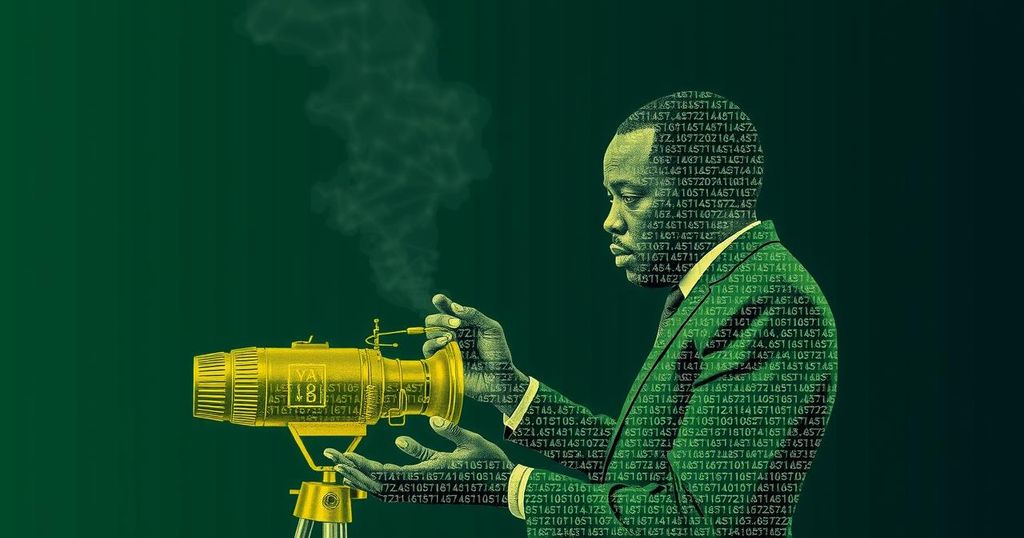Ghana’s presidential election features Mahamudu Bawumia and John Mahama as the main candidates, with both addressing the country’s economic crisis characterized by high inflation and currency depreciation. Young Ghanaians face dire job prospects amidst a push for reform from both candidates. Bawumia promotes a “digital economy,” while Mahama advocates for a “24-hour economy.” Public sentiment is uncertain, with voters expressing disillusionment and a historical precedent of no party winning consecutive terms since 1992.
In Ghana’s upcoming presidential election, economic issues dominate as candidates Mahamudu Bawumia and John Mahama vie for leadership. With high inflation and significant depreciation of the cedi, many citizens, particularly youths, face bleak employment prospects. Nathaniel Qainoo, a former accountant turned mechanic, exemplifies the struggles many Ghanaians endure amidst an economic crisis initiated in 2022, leading to a $3 billion IMF bailout. Despite confidence from the electoral commission, voter apathy is apparent, with Qainoo expressing disillusionment and intentions to emigrate.
Bawumia, representing the ruling New Patriotic Party (NPP), promotes a vision for a “digital economy,” aiming to provide skills training to one million youth and foster technology startups. His campaign, however, is challenged by the current government’s tarnished economic reputation. In contrast, Mahama, representing the National Democratic Congress (NDC), seeks to revive the economy under his “24-hour economy” concept, aiming to create night-time jobs. Both candidates propose tax cuts amidst apprehensions regarding fiscal sustainability amid IMF conditions.
Political analysts predict a close race, with an opinion poll indicating Mahama at 52% and Bawumia at 41.3%, though the latter’s team contests its validity. The election outcome will hinge not only on economic proposals but also on voters’ perceptions of each candidate’s ability to restore stability and growth in Ghana’s economy.
The economic landscape in Ghana has been turbulent, particularly since 2022, when a series of crises led to severe inflation rates and currency depreciation. Economic conditions have driven many young citizens to seek opportunities abroad, causing a significant concern for electoral candidates. The election features former President John Mahama who aims to return to power and Mahamudu Bawumia, current Vice President, who intends to continue NPP’s governance despite substantial economic challenges and public dissatisfaction. Both candidates must address the pressing economic issues that affect voter sentiments significantly, making their proposed economic policies critical to their campaigns. The political dynamics suggest a competitive race influenced by historical precedents regarding party success in elections.
The Ghanaian election illustrates the critical role of economic factors in shaping political discourse. Mahamudu Bawumia, with his “digital economy” focus, contrasts with John Mahama’s pledges for a “24-hour economy,” each addressing the pressing policy issues stemming from the country’s economic malaise. Voter sentiment remains precariously divided, reflecting concerns over job security and economic stability. As young Ghanaians express a desire to emigrate in light of these challenges, the candidates must craft credible strategies to revive hope and instill confidence in the electorate before the polls close.
Original Source: www.bbc.com






